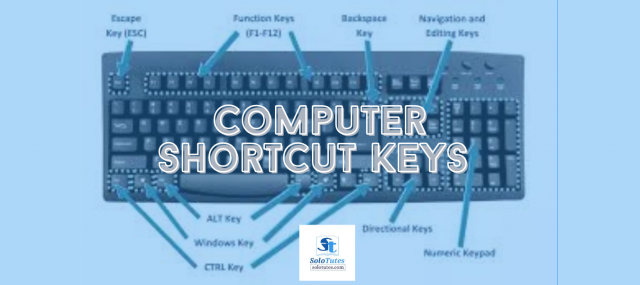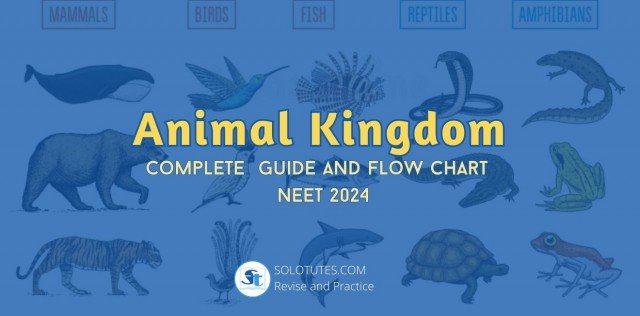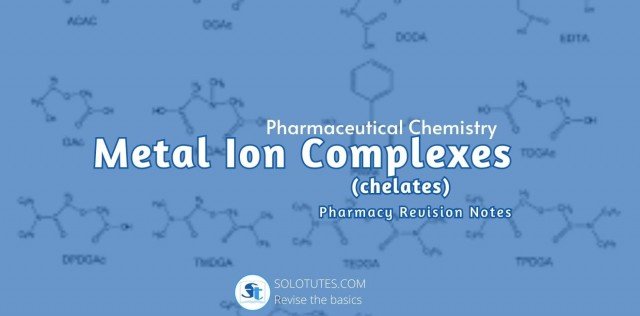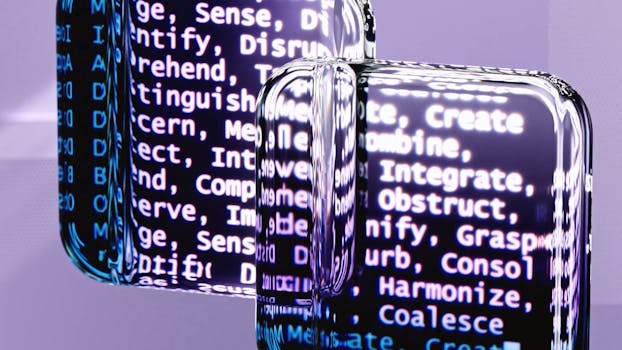DEPRESSION
Depression is a common mental disorder, characterized by sadness, loss of interest or pleasure, feelings of guilt or low self-worth, disturbed sleep or appetite, feelings of tiredness and poor concentration. It can be long lasting or recurrent, substantially impairing a person’s ability to function at work or school, or cope with daily life. There are many different types of depression caused by certain events in life and chemical changes in brain.
Major depression: Major depression is the presence of depressed mood or loss of pleasure for at least two consecutive weeks along with changes in appetite or weight, changes in sleep pattern, retardation, fatigue, feeling of worthlessness, excessive guilt, difficulty concentrating, and thoughts of suicide and can lead to a variety of emotional and physical problems.
Chronic major depression: Depressed mood for at least two years along with appetite disturbance, sleep disturbance, fatigue, low self-esteem, poor concentration and difficulty in making decision and feeling of hopelessness.
Dysthymia (recurrent, mild depression): Dysthymia is a type of chronic “low-grade” depression. More days than not, person feel mildly or moderately depressed, although person may have brief periods of normal mood.
Seasonal affective disorder (SAD): Some people get depressed in the fall or winter, when overcast days are frequent and sunlight is limited. This type of depression is called seasonal affective disorder (SAD).
Bipolar disorder: When depression is just one side of the coin, it is bipolar disorder, also known as manic depression and it is characterized by cyclic mood changes.
Atypical features: An ability to be cheered by happy events, increased appetite, little need for sleep, sensitivity to rejection, and a heavy feeling in arms or legs.
Mixed features: Simultaneous depression and mania, which includes elevated self-esteem, talking too much, and racing thoughts and ideas.
Psychotic features: Depression accompanied by delusions or hallucinations, which may involve themes of personal inadequacy or negative themes.
Catatonia: Include motor activity that involves either uncontrollable and purposeless movement or fixed and inflexible posture.
Peripartum onset: It occurs during pregnancy or in the weeks or months after delivery.
Causes
The causes of depression are not fully understood and may not be down to a single source. Depression is likely to be due to a complex combination of factors that include:
• Genetics
• Biological: Changes in neurotransmitter levels • Environmental
• Psychological and social (psychosocial)
Pathophysiology
Exact pathophysiology of depression is unknown but hypothesis is monoamine deficiency (e.g. norepinephrine and serotonin) and this may represent a final common pathway triggered by initial disorder involving other neurotransmitters or their receptor.Dietary restriction of L-tryptophan, an amino acid that is serotonin precursor.
Deregulation of Serotonin (5HT) and Norepinephrine (NE) in the brain are strongly associated with depression. Deregulation of 5HT and NE in the spinal cord may explain an increased pain perception among depressed patients. Decreased levels of 5HT and NE may explain the presence of both emotional and physical symptoms of depression.
Serotonin:
As a neurotransmitter, serotonin helps to relay messages from one area of the brain to another. Because of the widespread distribution of its cells, it is believed to influence a variety of psychological and other body functions. Approximately 40 million brain cells, most are influenced either directly or indirectly by serotonin.
Serotonin is made via a unique biochemical conversion process. It begins with tryptophan, a building block to proteins. Cells that make serotonin use tryptophan hydroxylase, a chemical reactor which, when combined with tryptophan, forms 5-hydroxytryptamine, otherwise known as serotonin.
Symptoms
People with depressive illnesses do not all experience the same symptoms. The severity, frequency and duration of depression depending on the individual’s particular illness. Although depression may occur only one time during life, usually people have multiple episodes of depression. During these episodes, symptoms occur most of the day, nearly every day and may include:
• Feelings of sadness, emptiness or unhappiness.
• Angry outbursts, irritability or frustration, even over small matters.
• Loss of interest or pleasure in normal activities, such as sex.
• Sleep disturbances, including insomnia or sleeping too much.
• Tiredness and lack of energy, so that even small tasks take extra effort.
• Changes in appetite often reduced appetite and weight loss, but increased cravings for food and weight gain in some people.
• Anxiety, agitation or restlessness, e.g., excessive worrying, pacing, hand- wringing or an inability to sit still.
• Slowed thinking, speaking or body movements.
Treatments And Drugs
Numerous depression treatments are available. Medications and psychological counseling (psychotherapy) or other mental health counselor are very effective for most people.
Medications: Many types of antidepressant medications are available to treat depression, including those below. The more commonly used medications are from the following classes:
• Selective serotonin reuptake inhibitors (SSRIs): SSRIs include Fluoxetine, Paroxetine, Sertraline, Citalopram and Escitalopram.
• Serotonin-norepinephrine reuptake inhibitors (SNRIs): SNRI medications include Duloxetine, Venlafaxine and Desvenlafaxine.
• Atypical antidepressants: Trazodone and Mirtazapine
• Serotonin modulators.
Older, less commonly used, antidepressants include:
• Tricyclic antidepressants: Tricyclic antidepressants such as Imipramine and Nortriptyline tend to cause more severe side effects than do newer antidepressants.
• Monoamine oxidase inhibitors (MAOIs): Commonly used MAOIs are Tranylcypromine and Phenelzine. Taking MAOIs should avoid or limit certain foods, which can interact with the medication and cause serious health problems.
Psychotherapy:
Psychotherapy treatment is focused on improving positive changes in depressive patients. There are many specific types of psychotherapy that are used to treat depression. Each works in a slightly different way, but all have been proven to help improve the symptoms of depression.
• Cognitive-behavioural therapy (CBT): In CBT, the therapist is to identify and reshape the thought and behaviour patterns that contribute to depression.
• Interpersonal psychotherapy: In interpersonal psychotherapy, focus is on improvement of relationships, the way that depressive patients interact with other people in their life.
• Family and couples therapy: In family and couples therapy, the therapist shall improve interaction of patient with family members so that depressive patients can work together on the issues that are contributing depression.
• Problem solving therapy: In problem- solving therapy, the therapist have to develop practical and systematic approach to the problems in life and
find effective ways to solve them.
• Psychodynamic psychotherapy: In psychodynamic therapy, therapist might explore childhood or historic life events and work to reduce their influence by gaining insight into how they may be shaping current behaviour.
Prevention
Avoid alcohol drinking or use of illegal drugs. These substances can make depression worse and might lead to thoughts of suicide. Take medication exactly as instructed.
There is no sure way to prevent depression. However, the following strategies may help feel better:
Get more exercise, maintain good sleep habits, seek out activities that bring pleasure, volunteer or get involved in group activities, try to be around people who are caring and positive, intervening with a depressed friend, be empathetic and understanding, avoid critical or shaming statements and challenge expressions of hopelessness
.png)















.jpg)







